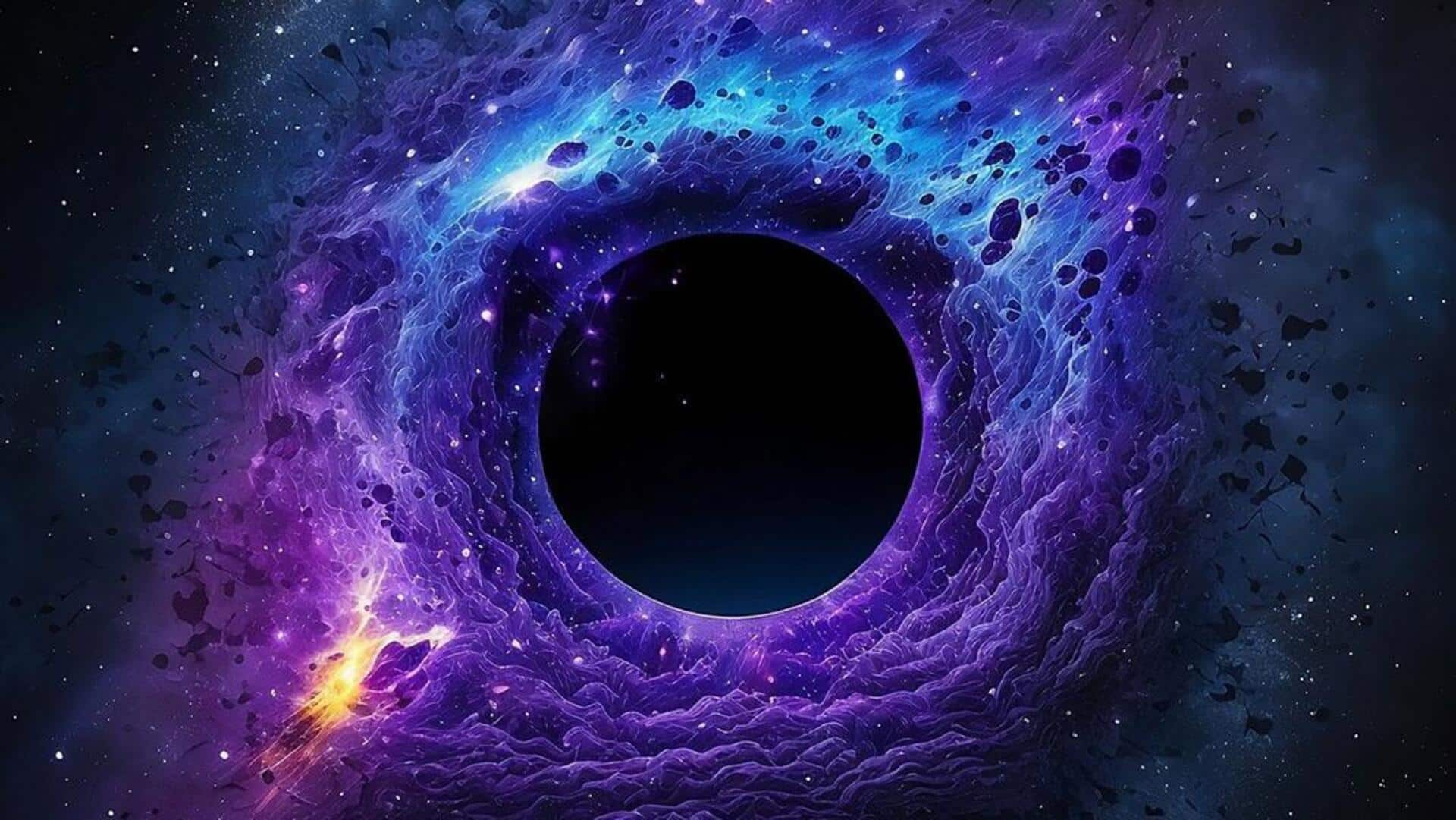
Dark matter may have originated before Big Bang, says study
What's the story
A team of researchers from the University of Texas at Austin (UT Austin) in the US has proposed a new model, indicating that dark matter may have originated in the short time before the Big Bang. The theory builds on physicist Alan Guth's 1981 idea of cosmic inflation, which states that the universe expanded rapidly in its infancy. The UT Austin team's study suggests this inflationary phase also created dark matter through what they call a "freeze-in" scenario.
Unique model
Dark matter's creation during cosmic inflation
Katherine Freese, the lead researcher and a physics professor at UT Austin, explained what makes their model unique. She said that "dark matter is successfully produced during inflation," unlike most other models where anything produced during this phase is basically wiped out by the universe's exponential expansion. The team thinks dark matter probably came from a thermal bath during warm inflation, i.e., particles interacting while maintaining a certain temperature as the universe formed.
Theoretical scenarios
Two possibilities for dark matter's birth
The researchers propose two potential scenarios for the birth of dark matter from this thermal bath. One possibility, the freeze-out scenario, suggests that dark matter particles were initially in thermal equilibrium with regular matter. However, as the universe expanded and cooled down, they stopped interacting with regular matter and their density became fixed. The team dismissed this possibility as thermal equilibrium is likely disrupted by intense events like inflation and the Big Bang.
Alternative theory
The 'freeze-in' scenario
The second possibility, called the freeze-in scenario, proposes that dark matter particles were never in thermal equilibrium. Rather, they were produced from rare high-energy interactions, such as those involving UV radiation in the early universe. The researchers claim that during warm inflation, the quantum field that triggered the inflation lost some of its energy to UV radiation. This interaction produced dark matter particles that eventually "froze in" as the universe cooled down.
Model implications
New model suggests dark matter production predated Big Bang
The UT Austin team's model, called warm inflation via ultraviolet freeze-in (WIFI), proposes that dark matter production happened before the Big Bang during the short time the universe expanded exponentially due to cosmic inflation. This new take on cosmic inflation could change many current theories of our universe's origin. "WIFI suggests a broader applicability such as the production of other particles that could play a crucial role in the early universe's evolution," said Barmak Shams, one of the study authors.